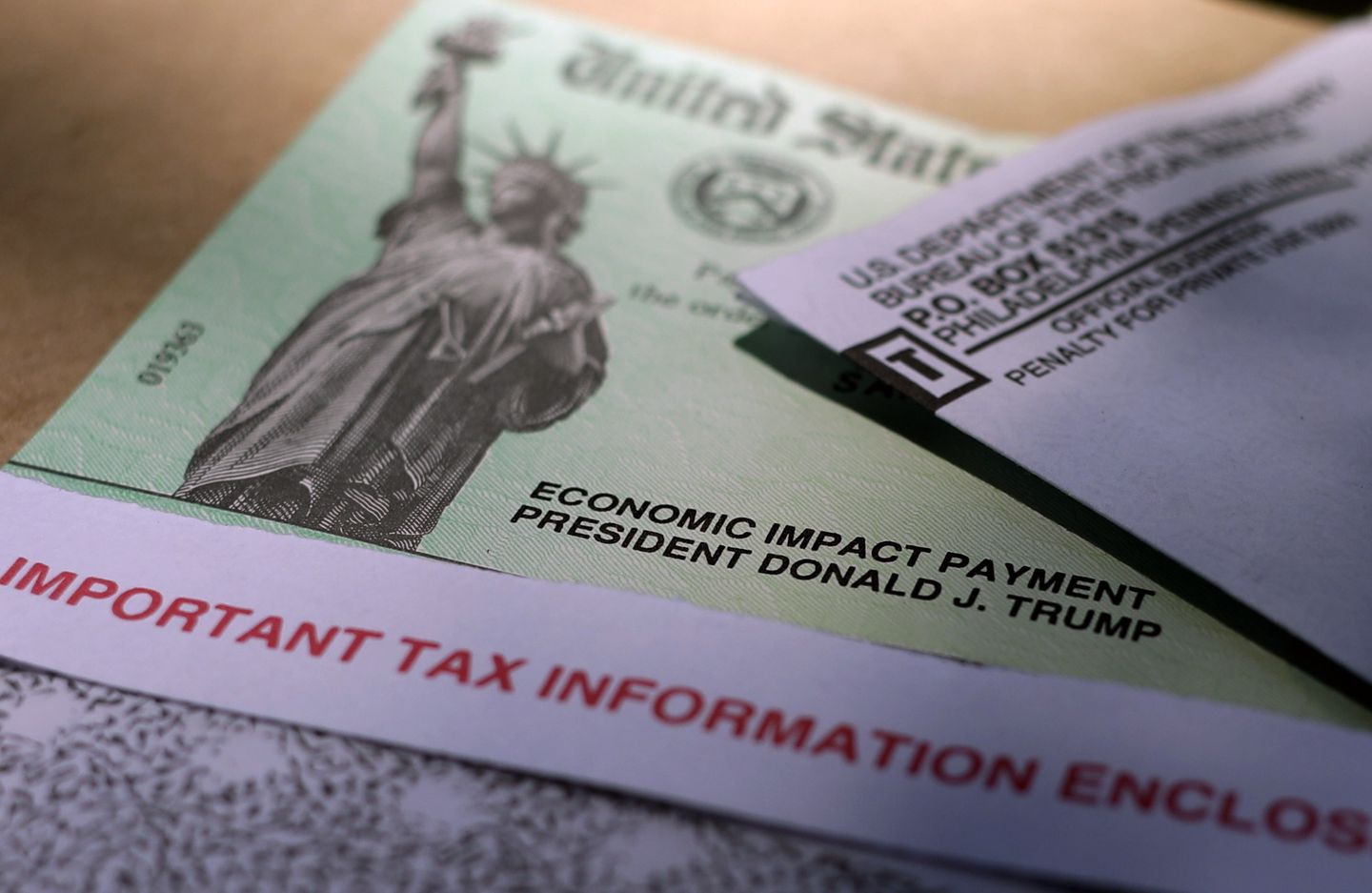
It was bad enough that fraudsters stole tens of billions of dollars in bogus pandemic-era unemployment benefits — now it turns out states forgave much of that money without even trying to claw it back.
The exact amount won’t ever be known, though it could stretch into billions. The Labor Department’s inspector general blamed poor decision-making and antiquated systems in the states, which administer the unemployment program with federal backstop funds during the pandemic.
Investigators did a deep dive into Michigan and Massachusetts, which they identified as particular offenders, and found the states forgave people who were using clearly stolen Social Security numbers or suspicious emails or physical addresses that kept popping up in other fraud cases.
Among the claims paid out by Michigan — and later forgiven — was one where the person used an out-of-state Social Security number, gave an address in Alabama, and hadn’t reported any earnings before the pandemic. The state had confirmed that it was a fraudulent application, yet still forgave the money, meaning the fraudster wasn’t asked to pay it back.
In another case, Michigan determined a claim was the result of identity theft. A year later, it still forgave that money.
The inspector general said Michigan waived recovery for nearly 18,000 cases of confirmed fraud.
Massachusetts, meanwhile, set up an “honor system” for some people to ask to be excused from sending back overpayments in pandemic unemployment benefits.
It turned out to be a mistake, the new audit said Monday.
Investigators sampled 121 claims that used the state’s “one-click” waiver request program and found none of them had any documentation to prove they met the hardship standards for keeping taxpayers’ money.
What documentation existed in the files showed the people were “at fault” and shouldn’t have qualified anyway. That included some people who voluntarily quit, some who actually had jobs even as they were collecting unemployment and others who were fired for deliberate misconduct.
Like Michigan, Massachusetts also paid out money — and then waived repayment requirements — to applications that reeked of fraud.
That included one claim, paid $6,804, that used a Social Security number and physical address that were also used in three other states. One of those was Michigan.
“Massachusetts waived the recovery of overpayments that had a high probability of fraud,” the inspector general concluded.
Investigators took a sample of 14 probably fraudulent claims and ran them by Massachusetts authorities. The state said it hadn’t flagged any of them for fraud, though it had determined they were ineligible — after first paying out weeks’ worth of benefits.
Five of them were actually on a list the feds provided to Massachusetts in 2022 as potentially fraudulent. Massachusetts said it didn’t follow up because it had already ended the claims and listed them as overpayments.
It forgave the money.
“Massachusetts’ failure to determine if the claims were fraudulent prior to waiving recoveries of the overpayments increased the likelihood that fraudsters were enriched by ineligible waivers and could avoid criminal prosecution,” the audit found.
The inspector general’s report was aimed at the federal Labor Department’s Employment and Training Administration, which oversees the state agencies that administer unemployment benefits.
Auditors made five recommendations for changes, including more frequent reviews of state activities and working with states to claw back money from confirmed fraud cases.
ETA did not provide a formal response to the audit.
The inspector general said states granted waivers for at least $10.9 billion in unemployment benefit overpayments, but said the actual amount is likely much higher.
States blamed outdated systems for being unable to track and report on waivers.
“Without accurate reporting on recoveries waived for pandemic-related UI program overpayments — as required by ETA — the department and the public are unaware of the total amount of this federally funded debt that was forgiven by states,” the audit said.
















